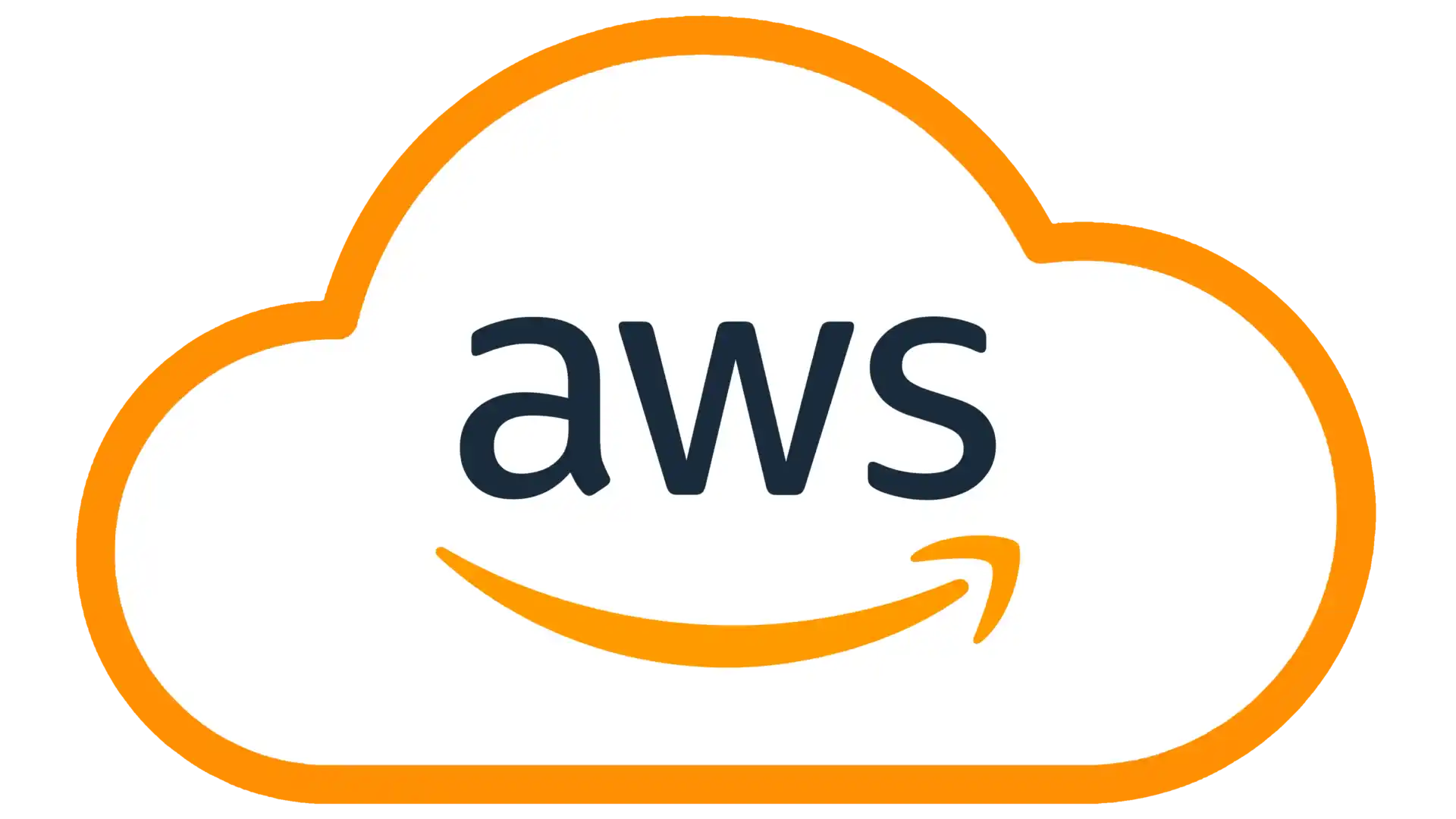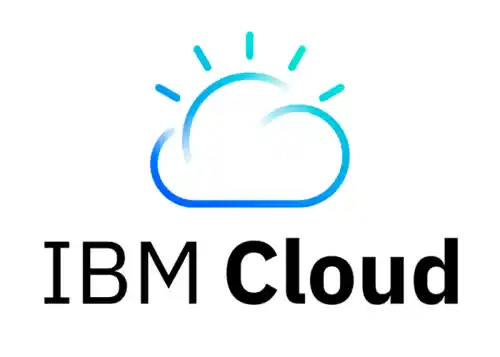Table of Contents
Introduction
Running a small business is a whirlwind. Between juggling clients, managing finances, and keeping operations smooth, staying organized can be impossible. But what if there was a way to streamline your workflow, boost collaboration, and access your data anytime, anywhere? Enter the world of cloud services.
Cloud services are web-based services that store your data and applications on remote servers. This means no more bulky hard drives or scrambling for files on individual computers. With cloud computing services, your business becomes lighter, faster, and far more adaptable.
Why Cloud Services Matter for Small Businesses
In today’s fast-paced world, small businesses need every advantage. Cloud services offer many benefits that can significantly improve your operations and empower your team. Let’s delve into why cloud services are a game-changer for small businesses:
1. Cost-Effectiveness: Ditch the expensive hardware and software licenses! Cloud services operate on a pay-as-you-go model, saving you significant upfront costs. You only pay for the storage and services you need, making them a budget-friendly option for growing businesses. Additionally, using a FinOps tool can help you track and optimize cloud spending, ensuring that every dollar contributes to maximizing business value
2. Scalability: Small businesses are dynamic. With cloud computing services, you can easily scale your storage and services based on your evolving needs. Need more storage space for booming sales data? No problem! Want to add new team members with minimal hassle? Cloud services have you covered.
3. Accessibility and Remote Work Capabilities: The cloud liberates you from the confines of the office. Access your files, applications, and data from any device with an internet connection. This empowers remote work, fosters team collaboration across locations, and keeps your business running smoothly even when faced with disruptions.
4. Enhanced Collaboration: Gone are the days of emailing bulky attachments back and forth. Cloud computing services enable real-time collaboration on documents, spreadsheets, and presentations. Team members can work on the same project simultaneously, improving efficiency and communication.
Types of Cloud Services
Now that you understand the power of cloud computing services, let’s explore the different types available:
- Software as a Service (SaaS): This is the most common type of cloud solution. With SaaS application development, you access software applications through your web browser, eliminating the need for local installations. For businesses looking to build custom SaaS solutions, partnering with top SaaS development companies can help create tailored applications that meet specific business needs. Examples include popular services like Google Workspace and Microsoft 365.
- Infrastructure as a Service (IaaS): IaaS provides access to virtualized computing resources like servers, storage, and networking. This gives businesses more control over their infrastructure but requires technical expertise. Amazon Web Services (AWS) and Microsoft Azure are leading IaaS providers.
- Platform as a Service (PaaS): PaaS offers a development environment for building and deploying applications without managing the underlying infrastructure. This is ideal for businesses with limited IT resources or those who want to focus on developing custom software. Heroku and Google App Engine are popular PaaS options.
Key Features to Consider
With a vast array of cloud services available, selecting the right one for your business is crucial. Here are some key features to consider:
- Data Security: Your data is your lifeblood. Ensure your chosen cloud solution offers robust security measures like encryption, access controls, and regular backups.
- User-friendliness: A clunky interface can hinder productivity. Choose a cloud solution that is easy to use and navigate for all team members, regardless of technical expertise.
- Integration Capabilities: Does the cloud solution integrate seamlessly with existing applications you use? Seamless integration can streamline workflows and prevent data silos.
- Customer Support: Reliable customer support is invaluable. Choose a provider with responsive and knowledgeable support teams to help you troubleshoot any issues.
Top Cloud Services for Small Businesses
Now that you’re armed with the knowledge, let’s explore some top cloud services that can empower your small business:
1. Amazon Web Services (AWS)

A pioneer in cloud computing, AWS offers an extensive suite of services, spanning infrastructure (IaaS), platform (PaaS), and software (SaaS). Renowned for its scalability, reliability, and robust security, AWS has cultivated a vast ecosystem of partners and tools. Its deep commitment to innovation is evident in its advanced machine learning and AI services, as well as its leadership in IoT and edge computing.
AWS’s pay-as-you-go pricing model provides flexibility, with a variety of pricing options and discounts available for long-term commitments. Costs fluctuate based on service utilization, instance types, and other factors.
2. Microsoft Azure

Leveraging its strong enterprise foundation, Azure presents a hybrid cloud solution that seamlessly integrates with on-premises infrastructure. It excels in data analytics and artificial intelligence, fortified by extensive security features and compliance certifications. Deep integration with Microsoft Office 365 enhances productivity for businesses reliant on the Microsoft ecosystem. Azure’s commitment to IoT and edge computing positions it as a versatile platform for modern business needs.
Azure’s pricing structure mirrors AWS’s pay-as-you-go model, with additional options like reserved instances and spot instances. Costs are influenced by service utilization, instance types, and other variables.
3. Google Cloud Platform (GCP)

GCP stands out for its prowess in data analytics, machine learning, and AI. Known for its cost-effective pricing and performance, GCP is a preferred choice for businesses seeking high-performance computing solutions at competitive rates. Its open-source ethos and robust container orchestration capabilities through Kubernetes (GKE) appeal to developers and organizations embracing DevOps practices. Serverless computing with Google Cloud Functions streamlines development and reduces operational overhead.
GCP’s pricing model aligns with the industry standard pay-as-you-go approach, offering various pricing plans and discounts. Costs vary based on service utilization, instance types, and other factors.
4. Alibaba Cloud

A dominant force in the Asia-Pacific region, Alibaba Cloud provides a comprehensive suite of cloud services at competitive prices. Its deep expertise in e-commerce and big data positions it as a preferred choice for businesses operating in these sectors. Alibaba Cloud’s hybrid cloud capabilities and emphasis on security and compliance make it a viable option for organizations with diverse IT environments.
Alibaba Cloud adheres to the pay-as-you-go pricing model, offering various pricing plans and discounts. Costs vary based on service utilization, instance types, and region.
5. IBM Cloud

Built on IBM’s legacy of enterprise computing, IBM Cloud offers a hybrid cloud and multi-cloud platform with a strong emphasis on security and compliance. Its suite of enterprise-grade applications and services caters to businesses with complex IT needs. IBM Cloud’s investments in AI and data analytics position it as a valuable partner for organizations seeking to extract insights from their data.
IBM Cloud’s pricing model follows the industry standard pay-as-you-go approach, with various pricing plans and discounts available. Costs vary based on service utilization, instance types, and other factors.
Use Cases
To truly appreciate the impact of cloud computing services, let’s explore some real-world examples of how small businesses have harnessed their power:
Example 1: Small Business Success with Google Workspace
A small marketing agency struggled with inefficient communication and file sharing. By adopting Google Workspace, they streamlined their workflow, improved collaboration, and reduced response times. The ability to access documents and emails from anywhere enabled them to win new clients and expand their reach.
Example 2: Cost Savings Achieved with Dropbox Business
A photography studio was burdened with the cost of storing and managing physical photo albums. To further streamline operations, small businesses can utilize an Invoice Template for Google Docs & Sheets, making invoicing more efficient and easily accessible across devices. By transitioning to Dropbox Business, they digitized their entire catalog, reducing storage costs and improving accessibility for clients. The cloud-based platform also facilitated seamless collaboration with clients for project approvals.
Conclusion
Embracing cloud services is no longer an option but a necessity for small businesses aiming to thrive in today’s competitive landscape. By understanding the different types of cloud services, considering essential features, and exploring popular options, you can make informed decisions to elevate your business.
Remember, the cloud is not a one-size-fits-all solution. Evaluate your specific business needs, budget, and team dynamics to select the cloud services that align perfectly with your goals. By harnessing the power of the cloud, you’ll unlock new levels of efficiency, collaboration, and growth for your small business.
So, what are you waiting for? Leap into the cloud and watch your business soar!